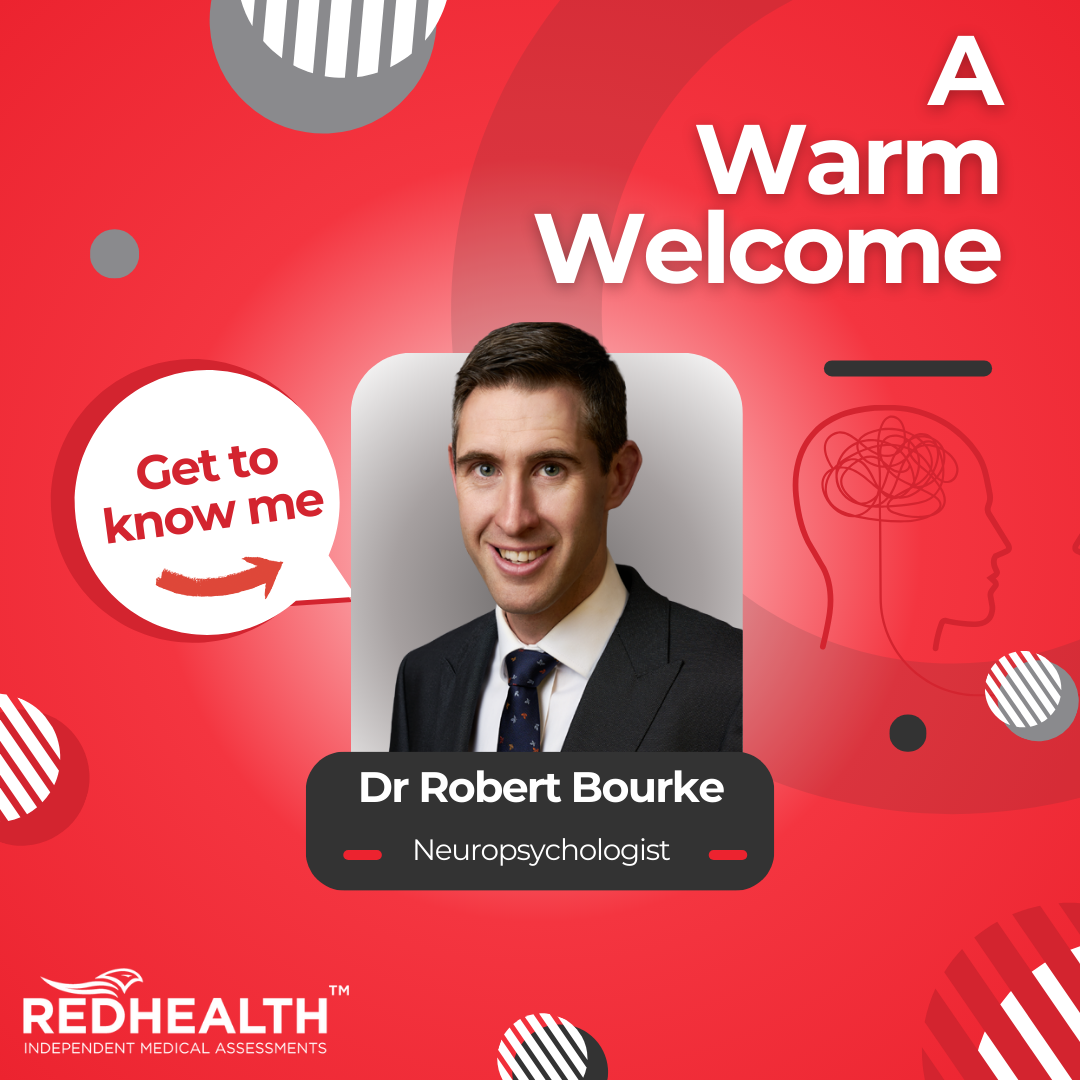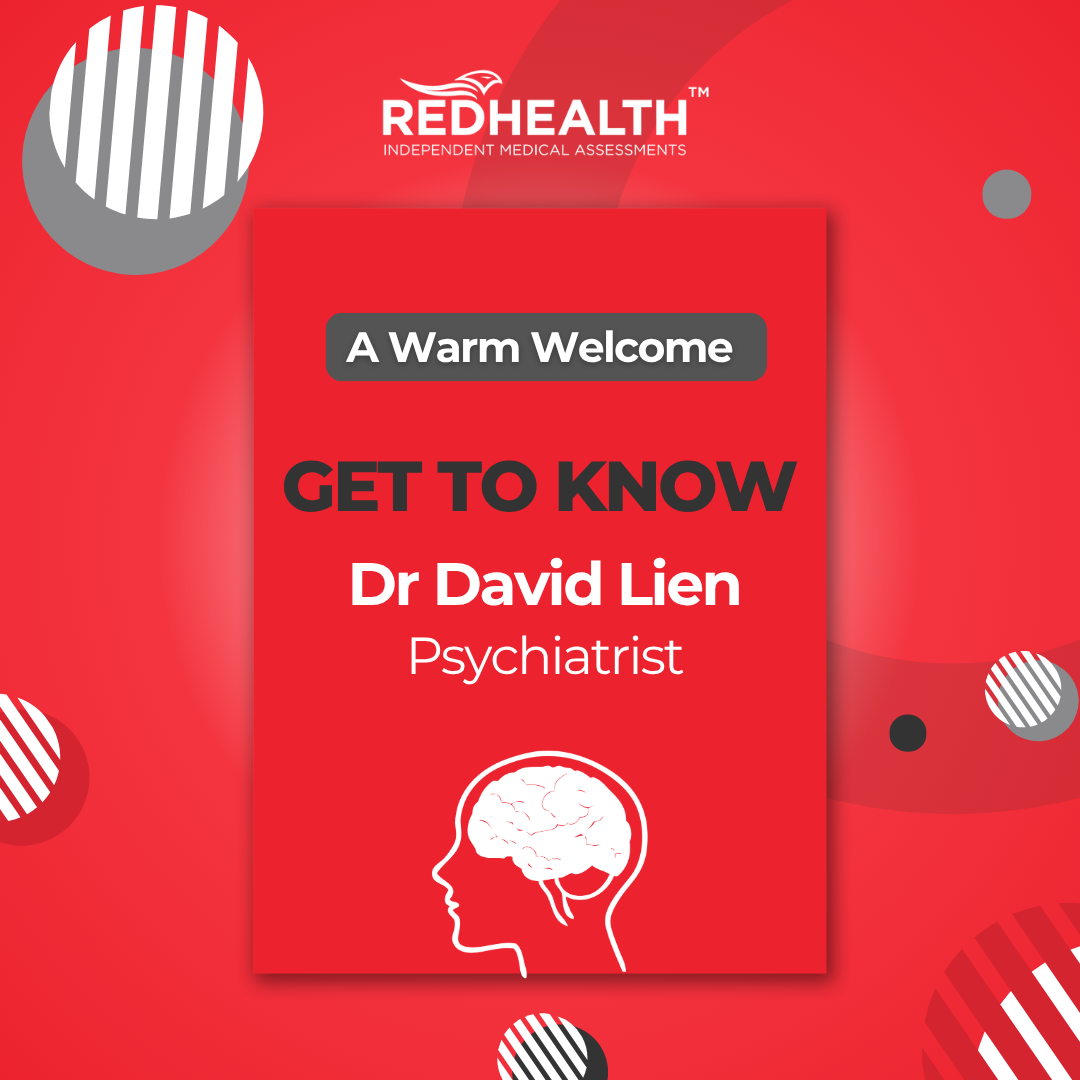Expert Insights: Dr Michael Likely’s Lessons for Medical Professionals Giving Court Evidence
Navigating the courtroom as a medical expert witness can be daunting, especially when presenting complex medical opinions under the scrutiny of legal professionals. Dr Michael Likely, an esteemed psychiatrist with years of experience in giving court evidence, shares his invaluable advice on how medical experts can effectively present their findings while maintaining their credibility and professionalism.
1. Understand Your Ethical Obligations
Before stepping into the courtroom, it is crucial to refresh your understanding of the ethical code by which you practice. This ensures that your testimony remains grounded in the professional standards and moral guidelines that govern medical practice.
Dr Likely’s Advice: “Always have a copy of the medical board of ethics that we all swear to. It’s a critical reference point, especially when your professional judgment is questioned.”
2. Thoroughly Review All Materials
As a medical expert, you will be provided with documentation from both the plaintiff and defendant. It is essential to review all the materials meticulously, including your own reports and those of other medical experts.
Dr Likely’s Advice: “Reread your reports and any additional information supplied by the referring party. This also means brushing up on the technicalities of the illnesses or injuries related to the matter at hand.”
3. You’re Not on Trial
One of the most important lessons Dr Likely shares, passed down from his late mentor Professor Basil James, is to remember that as a medical expert, you are not the one on trial. Your role is to provide an expert opinion, not to defend your professional integrity.
Dr Likely’s Advice: “Always remember, you’re not on trial. This perspective helps maintain composure and focus on the task of delivering objective, informed testimony.”
4. Be Flexible with Alternative Hypotheses
During cross-examination, barristers may propose alternative hypotheses to challenge your conclusions. It is important to be open to these suggestions and acknowledge any reasonable points they raise, while also providing clear reasoning for your own stance.
Dr Likely’s Advice: “If you’re stubborn, you’ll paint yourself into a corner and look foolish. Acknowledge valid points but present clear reasons why you disagree. This approach maintains your credibility and strengthens your evidence.”
5. Stay Within Your Expertise
While it is tempting to cover every aspect of a case, it’s crucial to stay within the bounds of your medical expertise. Remember, the legal professionals are the experts in law; your role is to inform them with your medical knowledge.
Dr Likely’s Advice: “You’re the expert in your medical field, and the lawyers are experts in their field of law. Respecting this boundary helps ensure that your testimony is both relevant and credible.”
6. Directly Address the Barrister
When giving evidence, it is good practice to address your responses directly to the barrister asking the questions. This demonstrates attentiveness and ensures clarity in communication.
Dr Likely’s Advice: “I always write down the name of the barristers so I can address my answers directly to them. It personalises the interaction and helps keep the conversation focused.”
7. Anticipate the Unexpected
Courtroom dynamics can be unpredictable. It is beneficial to prepare mentally for questions that might not align with the focus of your report or expertise.
Dr Likely’s Advice: “In one case, I was asked about the importance of a dog to a patient’s mental health. This might seem trivial, but such details can be critical in forming a comprehensive understanding of the patient’s condition.”
8. Reflect and Learn from Each Experience
After giving evidence, take the time to reflect on the experience and to seek feedback. Each trial offers a learning opportunity that can enhance your future performance and contribute to your continuous professional development.
Dr Likely’s Advice: “I often reflect after and think, ‘What did you learn from that, Mike?’ This self-assessment is key to growth and can also count towards CPD points.”
Dr Michael Likely’s insights offer a valuable roadmap for medical professionals stepping into the courtroom. By staying informed, flexible, and focused on your ethical responsibilities, you can provide clear and credible evidence that upholds the integrity of your profession. Remember, as a medical expert, your role is to assist the court in understanding complex medical issues, not to be on trial yourself.
For more insights and professional advice from leading experts like Dr Likely, stay connected with Red Health.
Dr Michael Likely’s CV Extract
This is a short extract, correct as of 19/09/2024. For Dr Michael Likely’s full CV, please contact us.
Qualifications
- FRANZCP
- MBBS
- BSc
Accreditations
- DSM IV / V
- PIRS
- AMA 5
- CIME
Assessment Areas
PTSD | Combat Related Trauma | Anxiety | Depression | Stress | Alcohol & Substance Abuse | Addiction Medicine | Trauma | Personality Disorders | Geriatric Psychiatry | Sexual Abuse Matters | Fitness for Duty | Workplace Injury | Personal Injury Cases
Special Interests
PTSD | Combat Related Trauma | Military Personnel and Veterans | Anxiety | Depression | Stress | Sexual Abuse Matters | Fitness for Duty



